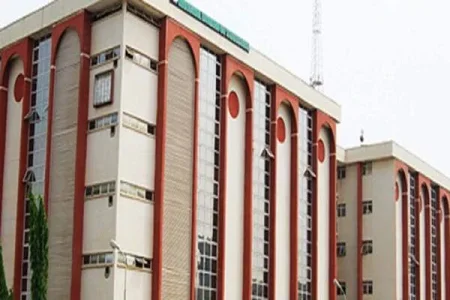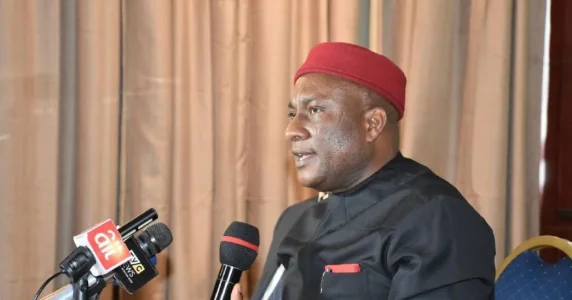
Nigeria’s unemployment rate decreased to 4.3% in Q2 2024, down from 5.3% in Q1, according to the National Bureau of Statistics. The report shows a rise in labor force participation to 79.5%, with notable regional and gender balance, though informal employment remains a significant issue.
Nigeria's unemployment rate decreased to 4.3% in the second quarter (Q2) of 2024, down from 5.3% in the first quarter (Q1), according to a report by the National Bureau of Statistics (NBS). The improvement was driven by an increase in labor force participation, which rose to 79.5% in Q2, up from 77.3% in Q1. This suggests more working-age Nigerians are actively seeking employment. The participation rate for males stood at 79.9%, while females recorded a slightly lower rate of 79.1%, indicating a relatively balanced level of engagement across genders.
The report also highlighted disparities in labor force participation based on geography. Urban areas saw an unemployment rate of 5.2%, while rural regions experienced a much lower rate of 2.8%. Despite the positive trend, informal employment remains a significant challenge, with the informal sector accounting for 93.0% of employment in Q2 2024, slightly up from 92.7% in Q1.
Additionally, the report noted a troubling gap for persons with disabilities (PWDs). While 80% of individuals without disabilities participated in labor activities, only 36.7% of PWDs were engaged, pointing to a need for more inclusive employment practices.
While there are improvements in employment trends, the NBS report underscores the importance of addressing informal employment and providing more opportunities for marginalized groups, particularly those with disabilities, to ensure a more inclusive labor market.




